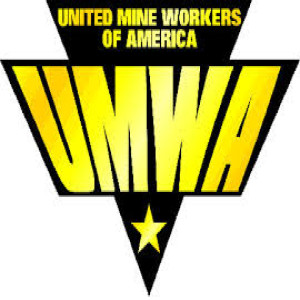

On this day in labor history, the year was 1910.
That was the day miners in Westmoreland County, Pennsylvania struck for union recognition and the eight-hour day.
They hoped to beat back deep wage cuts and out-of–pocket costs for safety equipment and explosives.
As many as 15,000 miners were on strike against 65 mines.
Thousands were immediately evicted from company housing.
The UMWA helped set up tent cities.
Area coal companies all imported immigrant strikebreakers who had little understanding of English or why they were hired.
When they tried to quit and leave company housing, coal company police beat them back to work, refusing to let them leave until they paid the cost of relocation.
The situation was so bad that the House Committee on Labor held hearings as to whether workers were being forced into peonage.
Injunctions were enforced against strikers picketing on public property near the mines.
Many were arrested for simply traveling along public roads.
Strikers were also denied access to many municipal services, whose facilities were on coal company property.
Hundreds of strikers were arrested for trespassing and their leaders held on charges of conspiracy and intimidation.
They were routinely harassed, beaten and fired upon by Sheriff’s deputies, State Troops or the Coal and Iron police.
Over the course of the strike, more than a dozen strikers and their family members were killed at the hands of security and police forces.
The strike wore on through the brutal winter of 1910-11.
Hunger and disease spread throughout the tent cities.
After 15 months, the UMWA called off the strike.
The union was broke from the disbursement of strike funds.
Many blacklisted strikers had to leave the state to find work.
More Episodes
All Episodes>>You may also like
Creat Yourt Podcast In Minutes
- Full-featured podcast site
- Unlimited storage and bandwidth
- Comprehensive podcast stats
- Distribute to Apple Podcasts, Spotify, and more
- Make money with your podcast











